Iconic Waterfront Campus Trades in Detroit
Moceri Cos. and 400 Monroe Associates are the new owners of the UAW-GM Center for Human Resources.
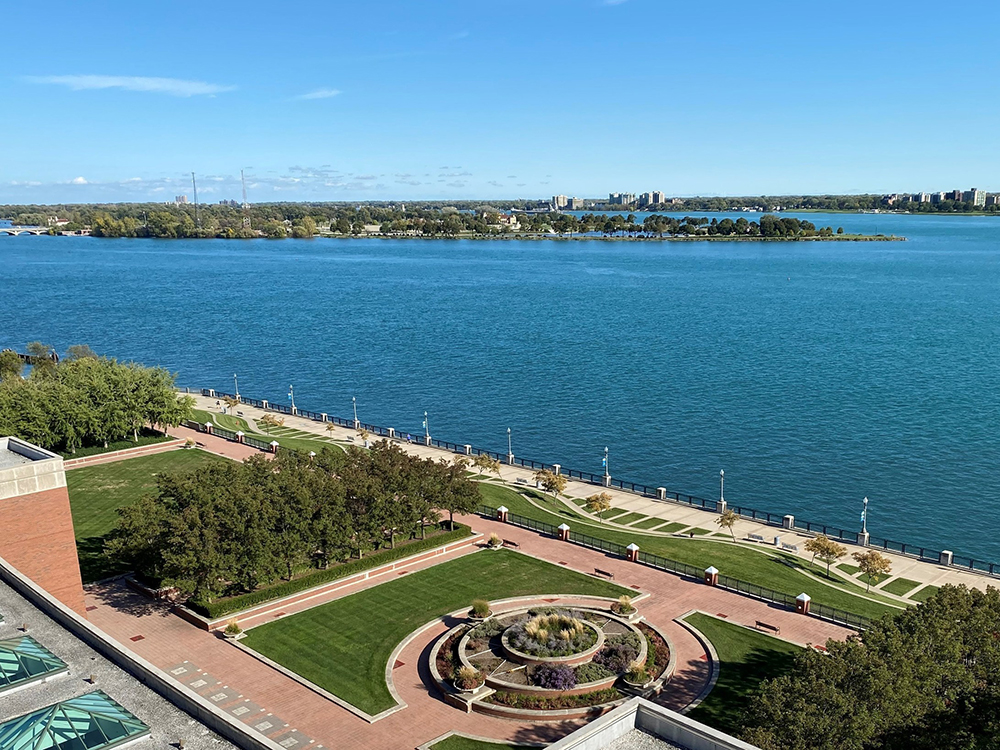
200 Walker St., View of Detroit River Walk and Belle Isle from outdoor terrace. Image courtesy of Moceri Cos. and 400 Monroe Associates
The UAW-GM Center for Human Resources in Detroit has gotten a new owner and will soon get a new future, courtesy of a change in ownership of the 420,000-square-foot waterfront campus. Moceri Cos. and 400 Monroe Associates have recently acquired the multi-use office asset at 200 Walker St. from a joint venture between the United Auto Workers and General Motors. The new ownership has rechristened the property the Iconic.
READ ALSO: Coronavirus Puts Detroit Office Market to the Test
Moceri Cos. and 400 Monroe’s new acquisition boasts a coveted location. “The Iconic campus fronts along The Detroit Riverfront Conservancy that connects a fun, safe and secure pedestrian/bicycle boardwalk to Belle Isle and the downtown central business district,” Dominic Moceri, partner with Moceri Cos., told Commercial Property Executive. The six-story building first opened its doors in 2001, developed primarily for use as a training center for the partnership between UAW and GM. In addition to office space, 200 Walker also features technical training areas, as well as such amenities as a 300-seat auditorium, conference center, fitness facility and café with full-service dining area.
UAW and GM tapped CBRE to market 200 Walker in February 2020 in preparation for the closure of the Center. With a non-disclosure agreement in place, all parties involved are precluded from disclosing specifics about the financial terms of the sale. However, as CBRE noted in a prepared statement upon announcing the marketing of the 18-acre property, replacement cost for a building of this quality would be significant.
A building’s next chapter
Moceri Cos. and 400 Monroe plan to reposition 200 Walker as a creative environment designed not only to accommodate a single or collaborative office user, but also to serve as an entertainment complex for showcasing events. “We have already invested an amount in the tens of millions,” Moceri said. “We are planning on exponentially increasing that investment.”
Before the COVID-19 pandemic, Detroit’s office market had been experiencing a rebirth, right along with the rest of the city. As noted in a first quarter 2020 report by CBRE, “Since Detroit’s bankruptcy and the release of ‘7.2 SQ MI’ in 2013, Greater Downtown Detroit has experienced a whirlwind transformation of its commercial real estate landscape. Corporate migration from the suburbs, new locations for regional and national retailers, and multimillion-dollar ground-up office, retail, multifamily, and hotel developments have solidified the city’s growth and resurgence.” Until the third quarter of 2020, Detroit’s office market had not recorded negative absorption since the fourth quarter of 2009, according to the latest CBRE report on the city’s office market.

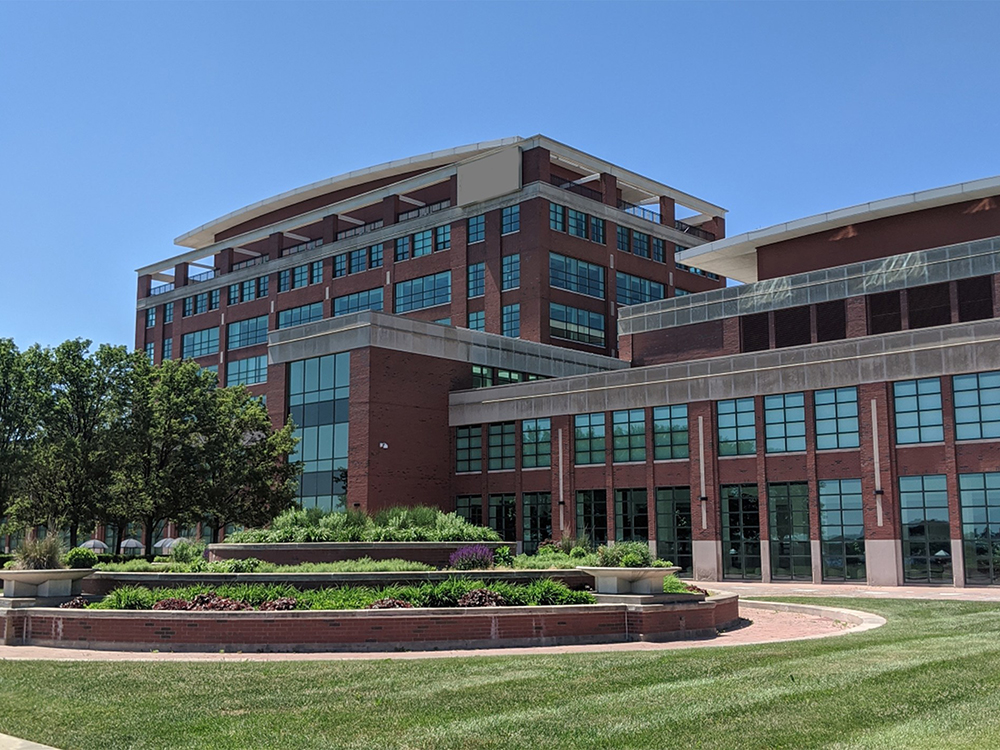
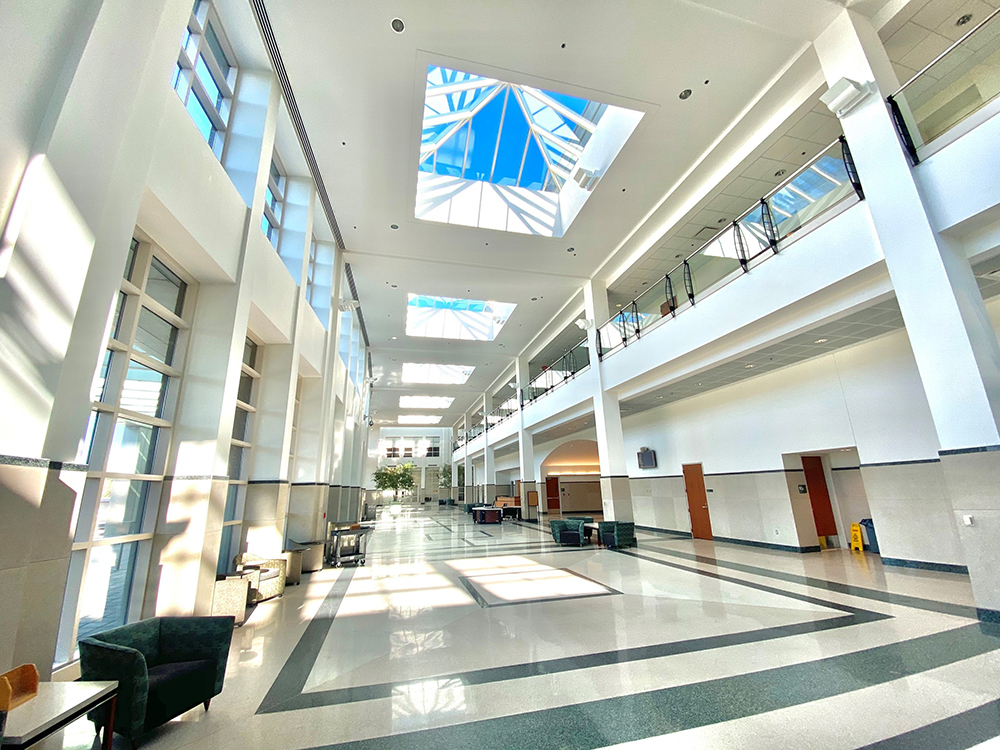

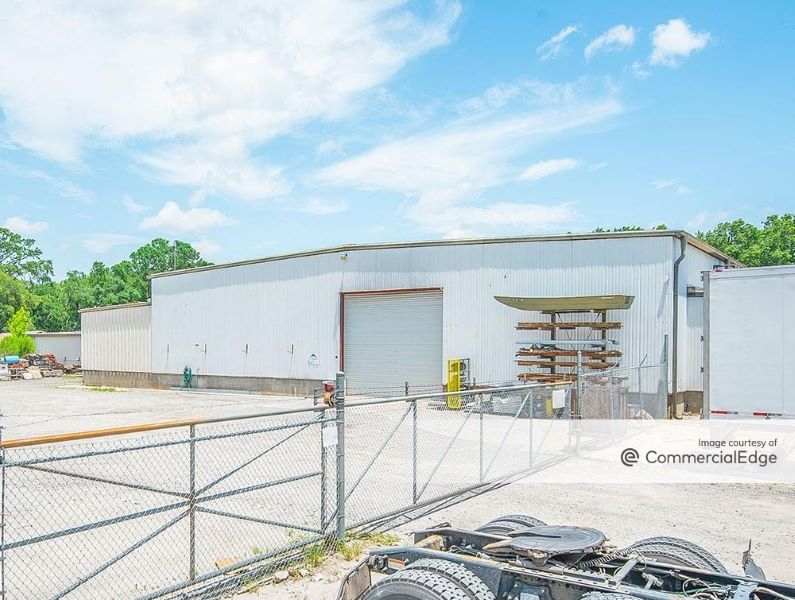
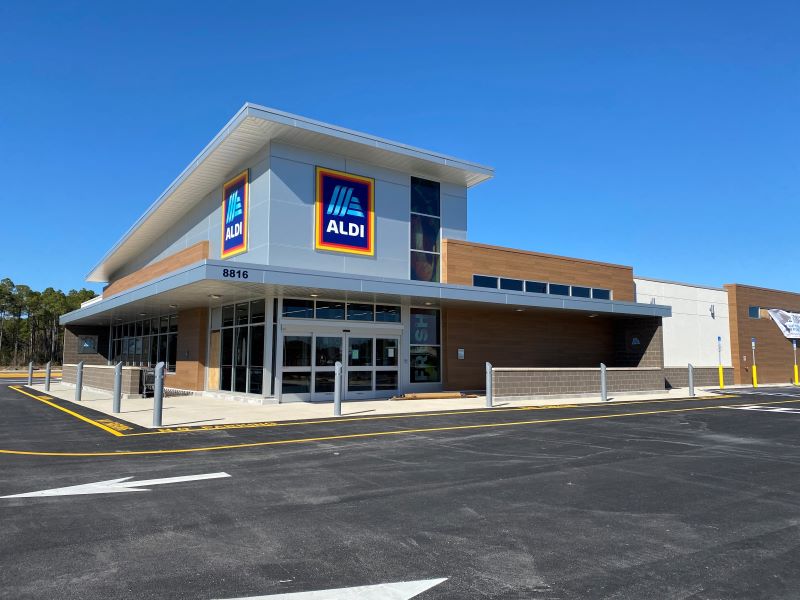
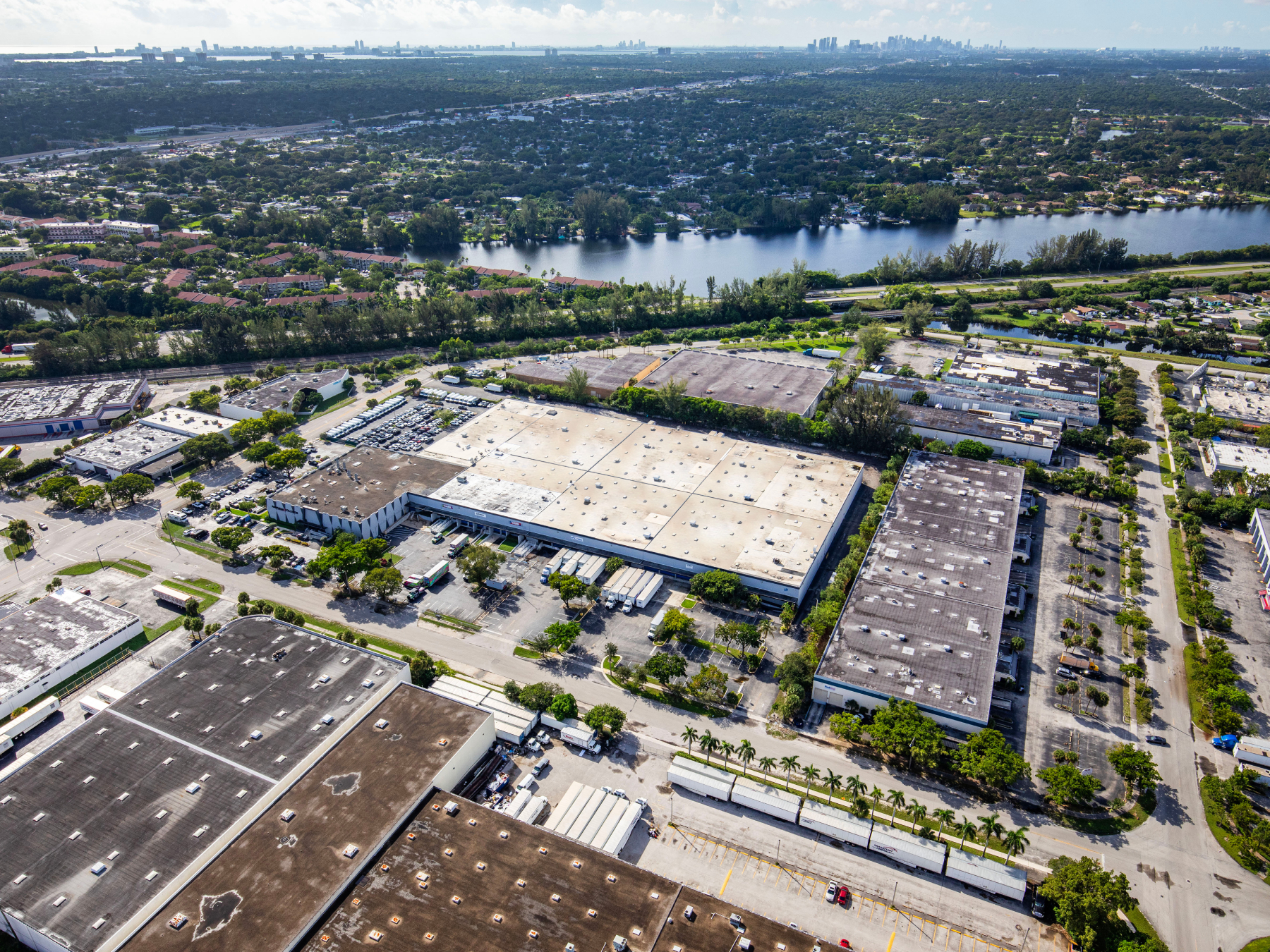

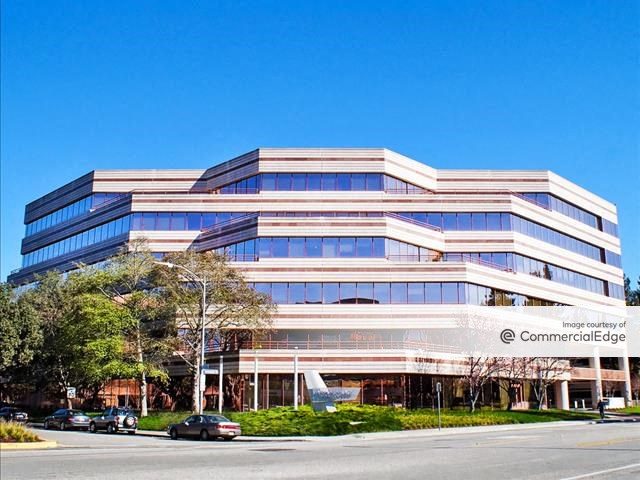
You must be logged in to post a comment.